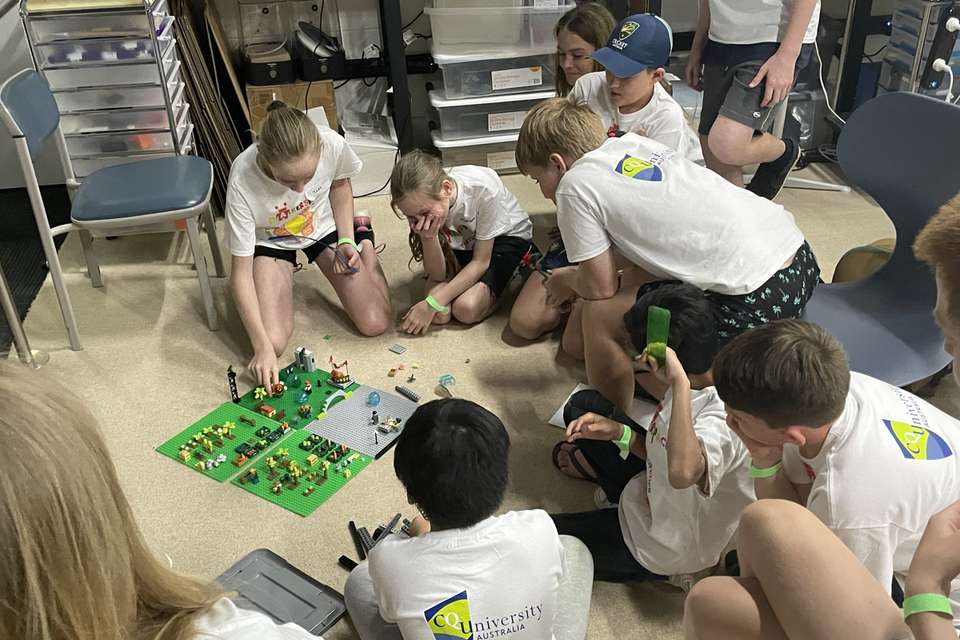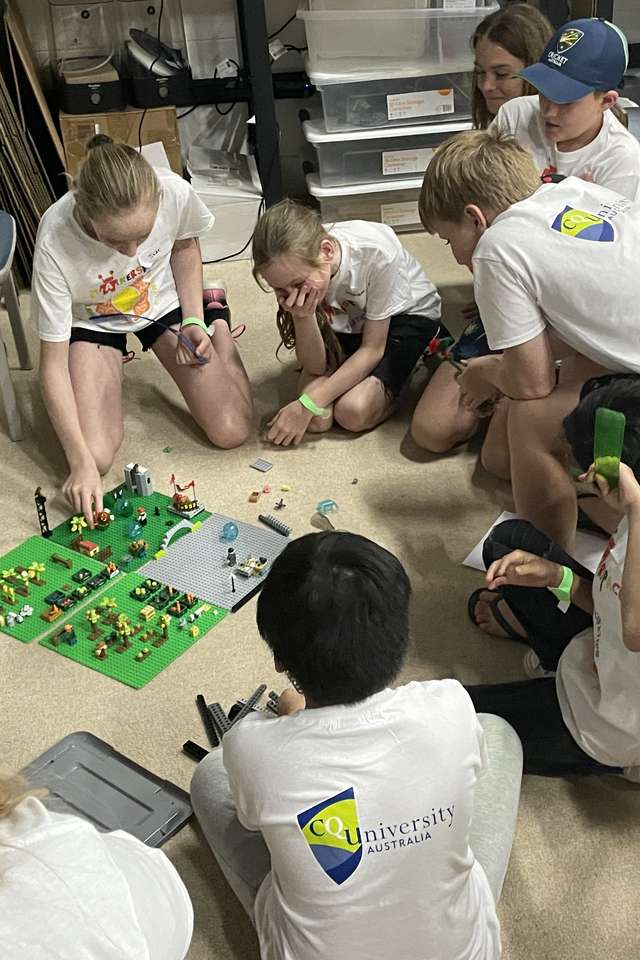Digital Literacies and Pedagogies
Loading component...
Bundaberg Makerspace
The CQUniversity Bundaberg Makerspace, established in 2020, serves as a constructivist learning environment equipped with advanced technologies.
The CQUniversity Bundaberg Makerspace, established in 2020, serves as a constructivist learning environment equipped with advanced technologies.


Join our community of creators! Stay in the loop about upcoming workshops, project ideas, and local maker news by emailing us at cqumakerspace@cqu.edu.au.
CQUniversity Australia is a trading name of Central Queensland University
ABN: 39 181 103 288
RTO Code: 40939
CRICOS: 00219C
TEQSA: PRV12073